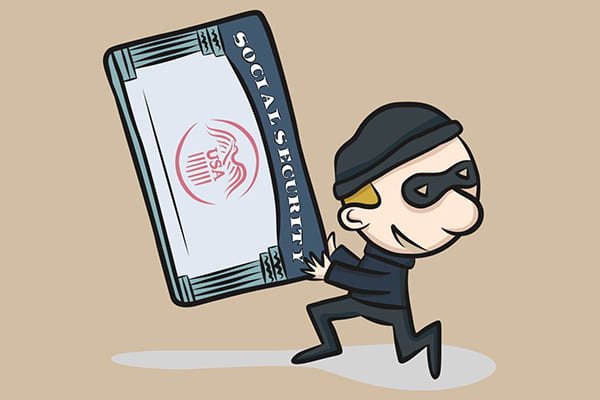Anabel Sanchez
Online Editor
Being a college student is challenging. You worry about tuition, passing classes, and offers suddenly come pouring in from everywhere as you take on the daily task of “adulting.”
But not all offers are good ones.
According to the BBB Institute for Marketplace Trust, a foundation of the Better Business Bureau, 18- to 24-year-olds are more likely to fall for scams—three times more likely than seniors, in fact.
BBB’s 2018 ScamTracker Risk Report revealed that 41.6 percent of students have become scam victims with financial losses reported. In comparison, only 28.3 percent were non-students.
So, what is it that you need to be looking out for?
For starters, watch out for scholarship and grant scams. When on the search for them, you’re highly likely to come across endless scholarship and grant listings, as well as opportunities to help reduce your student loan payments.
Before you bite the line though, take time to google them. If the details have claims to guaranteed awards and request sensitive information from you, stay away. You might be better off getting help from BC’s financial aid office.
Also watch out for rental and roommate scams. Always examine potential housing advertisements well, especially if they are from sites like Craigslist where scams have been known to happen.
If there aren’t any property photos and the roommate is mysteriously out of the country or refuses to do face-to-face communication, steer clear. The last thing you need is to wind up on the street and out of cash.

Scam phone calls are also a problem. Scammers are annoyingly skilled at finding your phone number and bombarding your line. On one occasion, I remember receiving a phone call from an automated message claiming that I was under investigation for social security fraud and that there was a warrant out for my arrest.
If you get one of these ridiculous calls, hang up and block the number. Checking the caller I.D. helps, but if you have a health insurance plan or a credit account with an out-of-state company that needs to contact you for important info, you might not want to be too trigger-happy with blocking every strange number immediately.
Fake credit card offers are also a raging issue. As a college student, it’s important not to get too excited when we read the words “free gift card” or “free” anything with an offer. Credit in the U.S. is king, and no one makes a better target for financial ruin than a young student starting fresh in building their credit. Always double-check credit card advertisements online.
And last, but not least, be very wary of employment scams.
Recently, an editor in The Observer staff received a suspicious email via BC’s downtown facility from a so-called Brandon Owens. It was regarding a secret shopper opportunity. When our editor applied for the job, it strangely requested her to text a number to notify them of her application.
After receiving a text giving her information that she was hired, she received a letter from Oregon and was given her first “job” to purchase Apple gift cards along with a mailed check for $3,000. However, the check was from Miami and the headquarters was in the Midwest.
Luckily, she put the brakes on doing anything further. After making inquiries to a friend who worked at a bank, that friend confirmed the obvious—it was a big-time scam. Scammers target students because they know many are tight on money and are often looking for jobs. Not even your school emails are safe from these offers.
If they don’t request a proper interview or you’re finding a trail that leads to different locations, don’t bother with it.
So, as you can see, scamming is very diverse. As technology advances, scammers get more and more creative with ways to get your money or get your information.
And remember, when in doubt, use the age-old, reliable rule: if something seems too good to be true, chances are, it is.
sancha9@mail.broward.edu